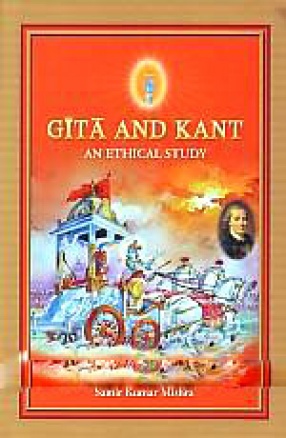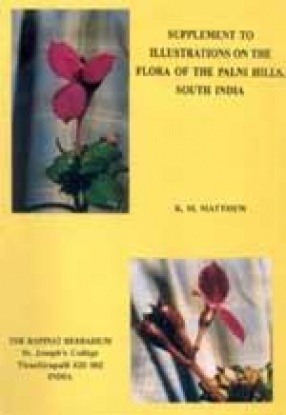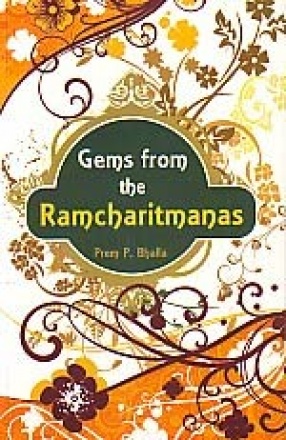The word for philosophy in Sanskrit, viz. Darsanam denotes that it is the science of ‘Thinking-consideration’-‘Vicarasastram’. Its contents are not mere speculation in regard to the duties of man or the verities of life. There are two prominent divisions in Indian philosophy. The first is concerned with the rational demonstration of the propositions of duty laid down in the Veda. Here is indicated the answer to the question of the type: What man should do or avoid in order to achieve happiness in some state of specific existence. This is the Dharma, or the Karma-mimamsa. The second discusses questions in regard to the truths of the fundamental nature of things, which man should realize by direct experience, so that he may be absolutely free. This is, therefore, known as Tattva-mimamsa, or Moksa-darsana. Apart from the three heterodox schools of Materialism, Jainism and Buddhism, there are only six metaphysical systems in Indian philosophy : The Nyaya, the Vaisesika, the Samkhya, the Yoga, the Mimamsa, and the Vedanta. The present work is a compilation of the Sutras of six systems of Indian Philosophy. That is, the work compiles the Nyaya-sutras, the Vaisesika-sutras, the Samkhya-sutras, the Yoga-sutras, the Mimamsa-sutras and the Brahma-sutras, and their English translation. It is now for the first time that the Sutras of six systems of Indian Philosophy with their English translation and transliteration altogether is brought to light. It is hoped that it will be received well by all the students and scholars interested in Indian Philosophy.
Gita and Kant: An Ethical Study
$57.60
$64.00






There are no reviews yet.